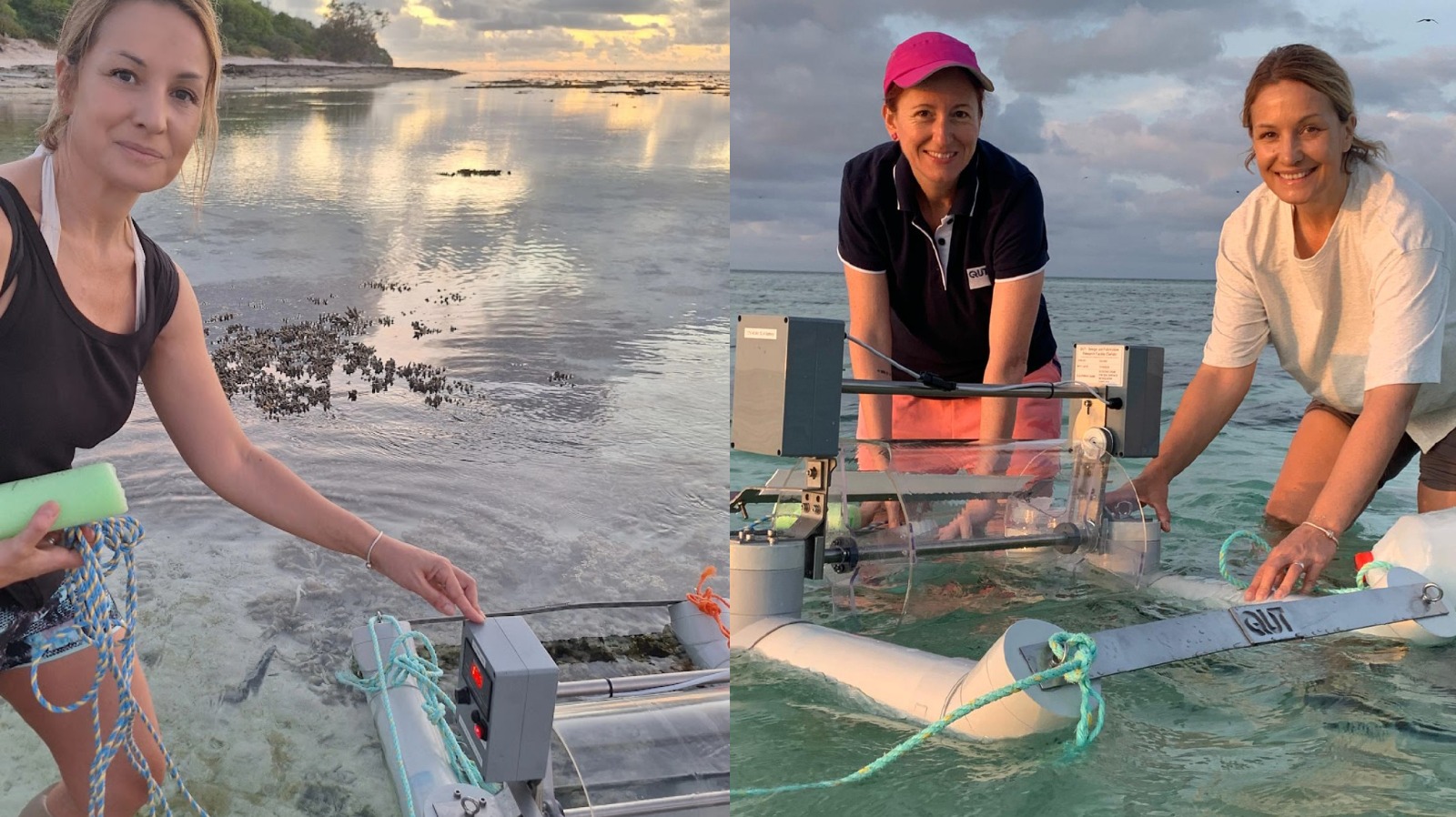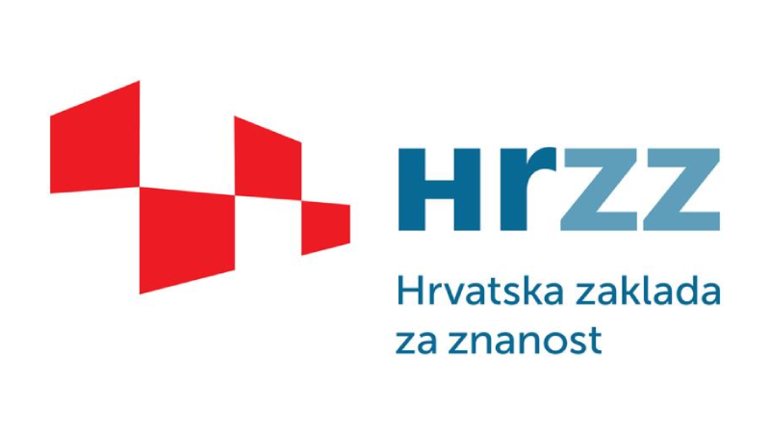Dr. sc. Frka Milosavljević from the Division for Marine and Environmental Research (DMER), Ruđer Bošković Institute, was invited by Prof. Branka Miljević and Prof. Zoran Ristovski from Queensland University of Technology (QUT), Brisbane, Australia, to join the RRAP Cooling and Shading campaign on Heron Island in November 2024.
Dr. sc. Frka Milosavljević focused her research on the study of the sea surface microlayer, a vital interface between the ocean and the atmosphere and its role in regulating the exchange of gases, particles, and energy that directly affects both local and global climate systems. As a distinct environment enriched with organic material and microbial life, the sea surface microlayer influences the formation and properties of primary marine aerosols. The composition of aerosols, influenced by the sea surface, affects their ability to scatter and absorb sunlight, as well as their role in cloud formation.
Corals and other reef organisms produce increased amounts of mucus organic material under stress conditions. These organics may accumulate in the sea surface microlayer, leading to the enrichment of organic material at the air-sea interface, which may, in turn, alter the chemical composition and properties of marine aerosols, potentially affecting the climate.
The main aim of the studies conducted on Heron Island was to extend ongoing atmospheric research by examining the coral stress impacts (e.g. tidal changes, exposure to the sunlight) on the variabilities of the diel organic matter enrichment in the sea surface microlayer and its potential impact on the formation and properties of aerosol particles above sea surface. The study included diel sampling of the microlayer alongside the online atmospheric chemsity measurements by state-of-the-art instrumentation.
Heron Island Research Station
The Heron Island Research Station, located on the southern Great Barrier Reef, has been a hub for coral reef research and education for over 70 years. Surrounded by pristine coral reef habitats, the station provides an ideal location for cutting-edge scientific research on reef health, climate resilience, and the long-term impacts of environmental stressors.
The RRAP project and its Cooling and Shading subprogram
The RRAP is a long-term research and development initiative designed to explore, test, and assess novel interventions aimed at helping the Great Barrier Reef remain resilient in the face of climate change. Through this program, scientists are developing and evaluating technologies to retain critical reef function, from enhancing coral health to reducing the impacts of climate change, such as coral bleaching.
A key component of the RRAP project, the Cooling and Shading R&D Subprogram, investigates technologies to mitigate the impact of solar radiation on coral reefs, such as creating shade through cloud brightening, mist or fog. It also aims to address knowledge gaps in atmospheric and meteorological conditions over the Great Barrier Reef, laying the groundwork for future atmospheric surveys, monitoring, and modelling efforts.
Collaboration and Future Research
This research campaign highlights the successful collaboration between dr. sc. Frka Milosavljević and Prof. Miljević, initiated by the recent implementation of the MZ2-24 project supported by the European Union's NextGenerationEU program. As part of this project, Prof. Miljević visited the Ruđer Bošković Institute in June 2024 with the aim of strengthening international collaboration between two groups in the field of atmospheric chemistry. The successful collaboration will continue within the new ADRIAirBURN project 2024-2027 (PI dr. sc. Frka Milosavljević), funded by the Croatian Science Foundation. The ADRIAirBURN project focuses on sensitive coastal environments and improving scientific knowledge of the physico-chemical properties of atmospheric aerosols, particularly those produced by biomass burning, and how their aging in the atmosphere affects air quality, human health and marine environment.



